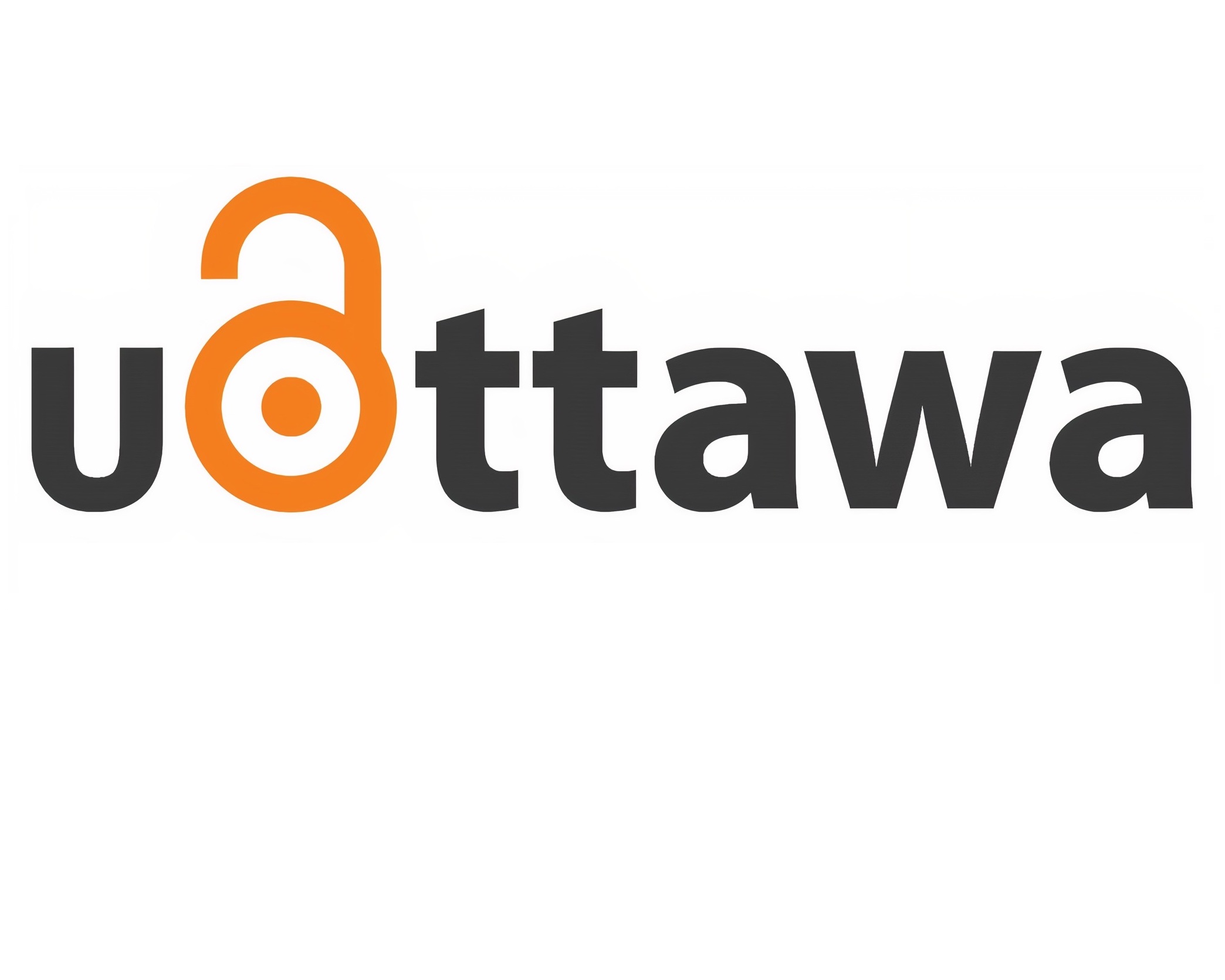Increased visibility and greater impact
Research available in Open Access is easily discovered by anyone anywhere and, according to numerous studies listed in the Open Citation Project, is cited more often than that published exclusively in closed, subscription-based periodicals.
Authors retain their copyright
Authors control how their research is disseminated, reused, and shared. This is a major shift from traditionally transferring all copyright to publishers in order for them to make the sole profit from the research.
Society as a whole benefits
The value of scholarly activity increases through universal access as those who cannot afford costly journal subscriptions can access important research. When knowledge is shared it can be mobilised.







